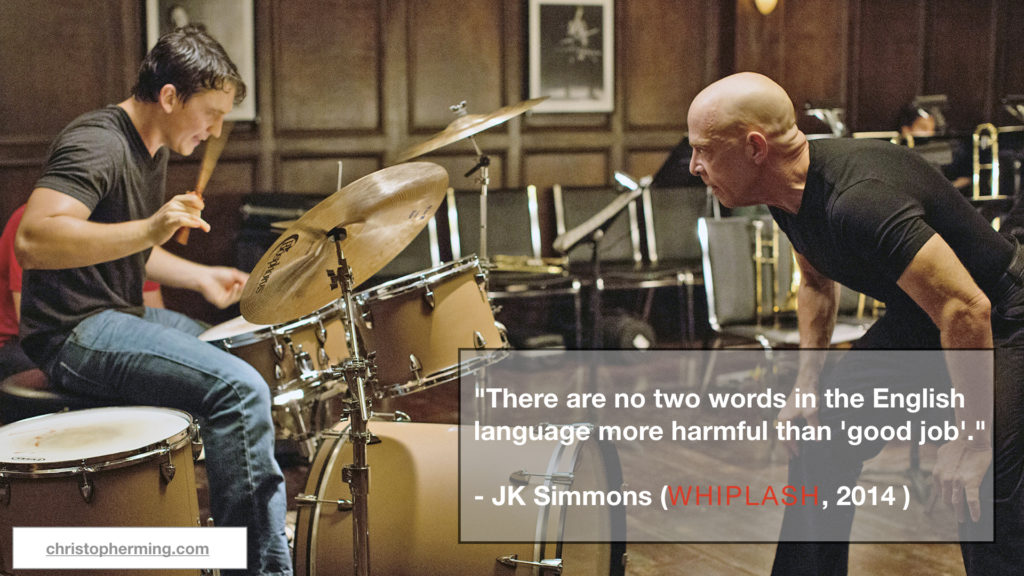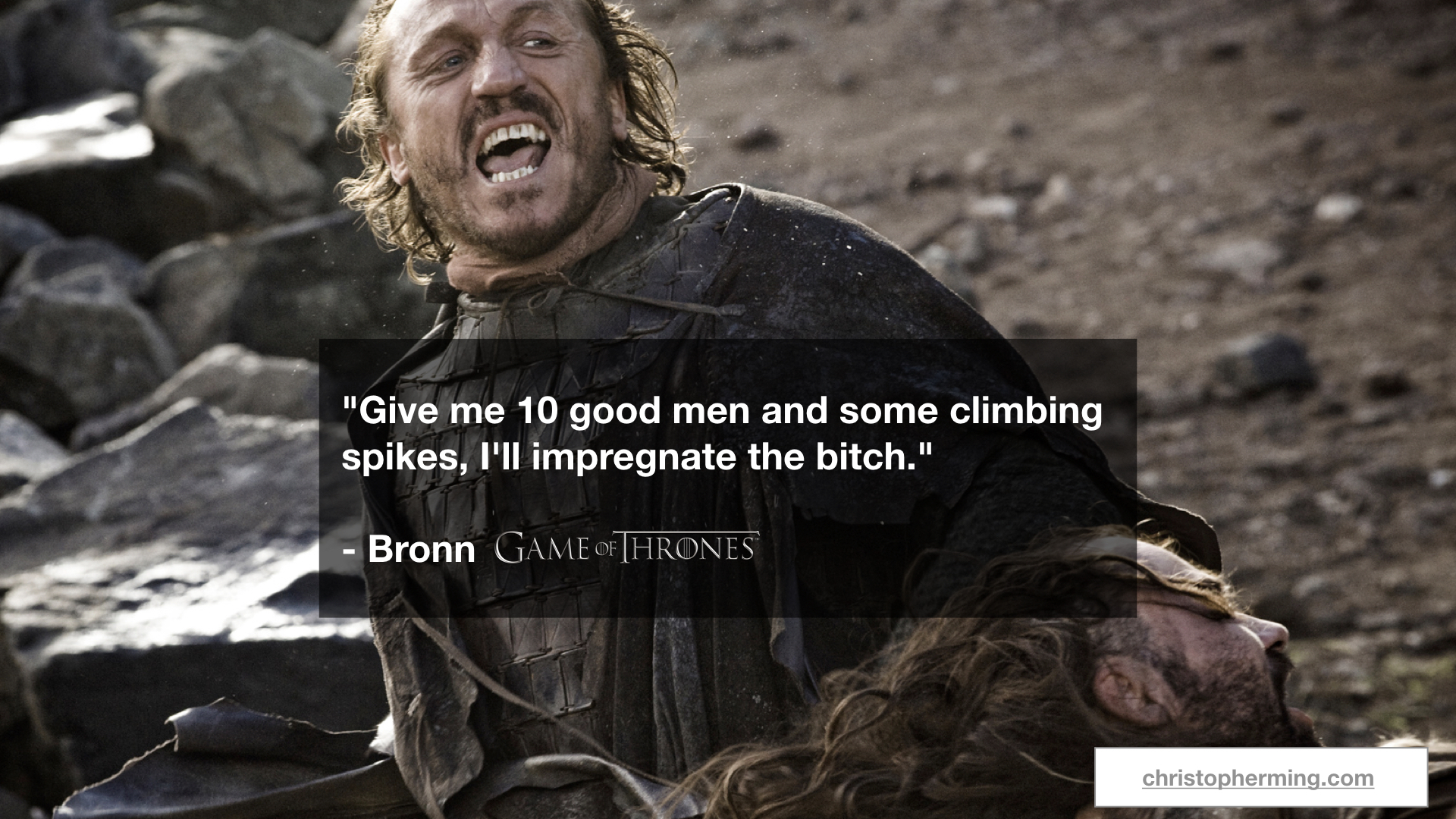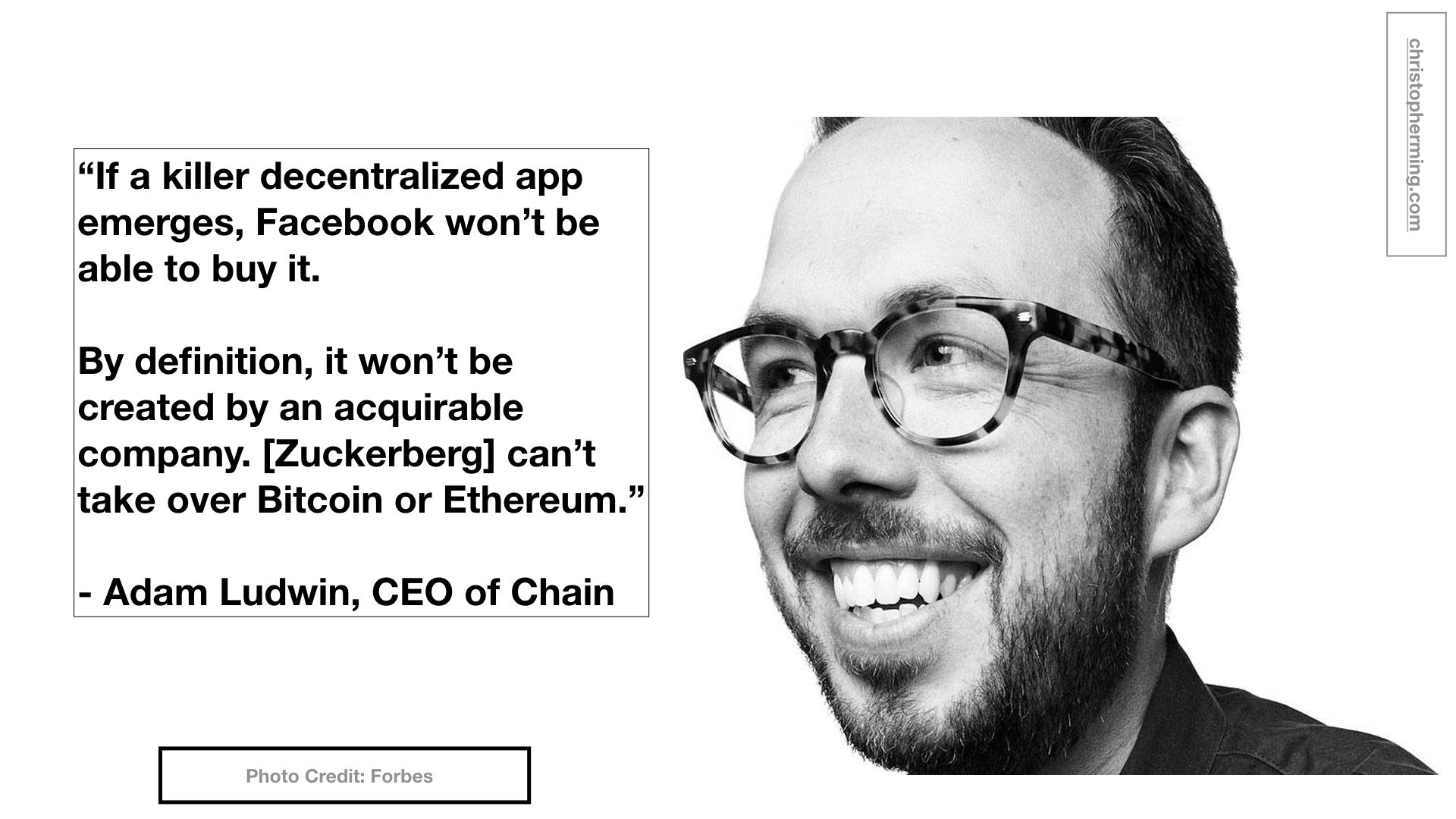In middle school, on Friday I’d come home with a folder of all my graded assignments for the week. You were supposed to show it to a parent, they looked at your graded assignments, signed the folder, and you returned the folder on Monday.
My mother went through the graded assignments with me. Anything less than a 90%, she’d pull out, and ask why it wasn’t 100%.
I just wanted to play Super Nintendo and watch TGIF, so after a few weeks of this, I wised up: any assignment scored lower than 90%, I buried at the bottom of the trash can. The rest I put back into the folder, and handed to my mom.
She probably knew (sorry Mom) but she let me get away with it anyway.
I don’t think either of us quite understood at the time, but the “how come this isn’t 100%?” question drilled a very simple idea into me:
“You can always do better.”
20 years later, I appreciate the indoctrination. I appreciate the humility and am usually skeptical of praise.
In my opinion, these are necessary ingredients for success. In other words, humbleness isn’t just exhibiting grace in the glow of triumph, but a crucial input to achieve success.
Humble is practical
It just makes sense to be humble. Humble is practical. Humble is a competitive advantage.
Let’s say two people are competing: competitive eating, dog-sledding, selling girl scout cookies, whatever.
All else being equal, who wins in the long-run: the person who believes they’re “pretty good?” Or the person obsessed with getting better? The latter individuals are the ones looking for the most efficient way to eat 74 hotdogs in 10 minutes, training in -50 degree weather, and practicing their upsell to Samoas pitch.
If you want to be competitive, humble is practical. The moment you start thinking you’re “pretty good” is the moment your competitor eats your lunch.
Offense > Defense
The head of the pack, the leaders of industry will always look to fortify their position, like tucking a castle behind its defenses. Today’s castles are not defended by moats and trenches and drawbridges, built from stone and mud.
Today’s defenses are stronger: copyright laws, efficient infringements, acquisitions, and network effects.
These defenses fortify industry leaders of the modern era, and the road to innovation is littered with bodies smashed and broken by their shields.
In 1934, Edwin Armstrong invented the FM radio. His friend and RCA executive, David Sarnoff, congratulated Armstrong… then stifled his innovation for 10 years. Then under oath, Sarnoff claimed that RCA invented the FM radio, not Armstrong.
It broke him.
On February 1, 1954, his marriage in shambles and nearly bankrupt, Armstrong wrote a note, got dressed, and walked out the window of his Manhattan apartment, thirteen stories high. [note]The Master Switch: The Rise and Fall of Information Empires by Tim Wu | pg. 134[/note]
In 2005, Dan Brown invented the “Bionic Wrench.” It won Popular Mechanics’ product of the year and sold out on QVC. By 2012, Sears started selling a replica called the “Max Axess Locking Wrench”… and when Brown sued, Sears drowned him in legal proceedings.
This happens time and time again. These moats seem impregnable.
Two more examples:
- Western Union was poised to dominate the telephone industry, but a little company called Bell Telephone with a better phone stood in their way. That little company grew up to be AT&T.[note]The Master Switch: The Rise and Fall of Information Empires by Tim Wu | pg. 31[/note]
- Marriott International looked unbeatable. Then Airbnb happened. Dollar Shave Club challenges Gillette. Barstool Sports takes on ESPN.
Take the big four tech companies (FANG: Facebook, Amazon, Netflix, Google). How can anyone compete, if Mark Zuckerberg or Sundar Pichai, can just acquire any competitor?
But as Andy Ludwin, founder and CEO of Chain (a blockchain technology company) points out, we’re already seeing offensive maneuvers that these companies can’t defend against:
“You look at incumbents. ‘How will we ever have innovation again, if they can just buy something when it becomes successful?’
Killer apps are acquireable (Instagram, Oculus)… What’s interesting with decentralized apps (apps powered by crypto assets), is if one emerges, Facebook won’t be able to buy it. By definition, it won’t be created by an acquirable company. [Zuckerberg] can’t take over Bitcoin or Ethereum.”[note]Sober View on Crypto | http://investorfieldguide.com/ludwin/ – 14:30[/note]
Even FANG can be beat, if they stop innovating. If they forget that being humble is practical.
Explore vs. Exploit
There’s a caveat to my whole spiel on the practicality of being humble: this only applies if you want to be in the game. It’s classic explore vs. exploit. After a certain amount of time, some people just want to enjoy the fruits of their labor.
They should. They earned it.
Take Rupert Murdoch. He’s decided to sell 21st Century Fox (plus other assets) to Disney, so he can focus on the news arm of Fox. And enjoy his windfall of $52.4 billion. You have to admire someone who knows when it’s time to get out of the game.
My dad also comes to mind. He worked hard. These days, he’s more interested in playing pickleball and bike riding than opening another restaurant. I don’t think I’ve ever seen him happier.
If you want to enjoy the successes and richness you’re worked for, do it. Cherish and enjoy it.
But if you want to compete: stay humble.
###


